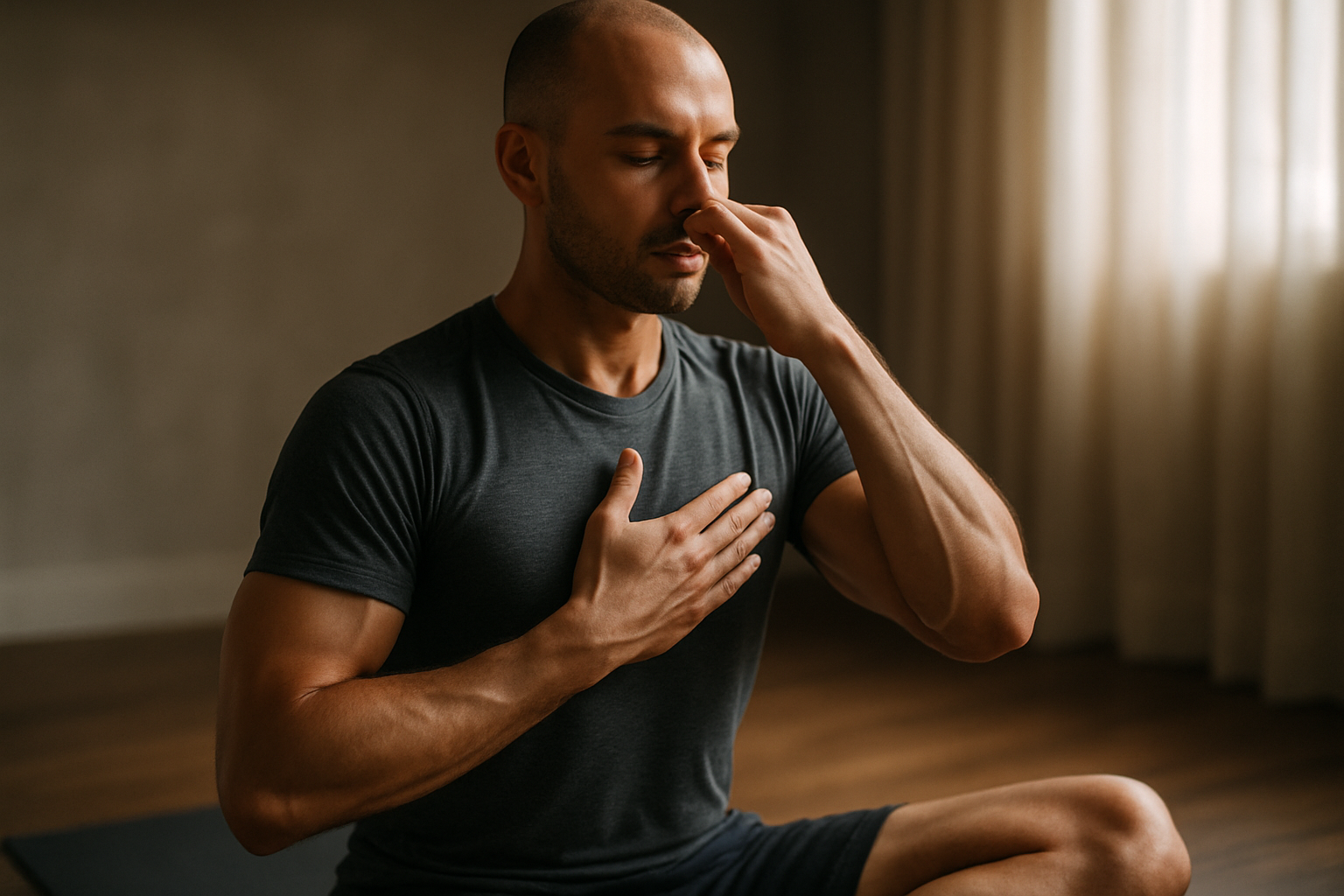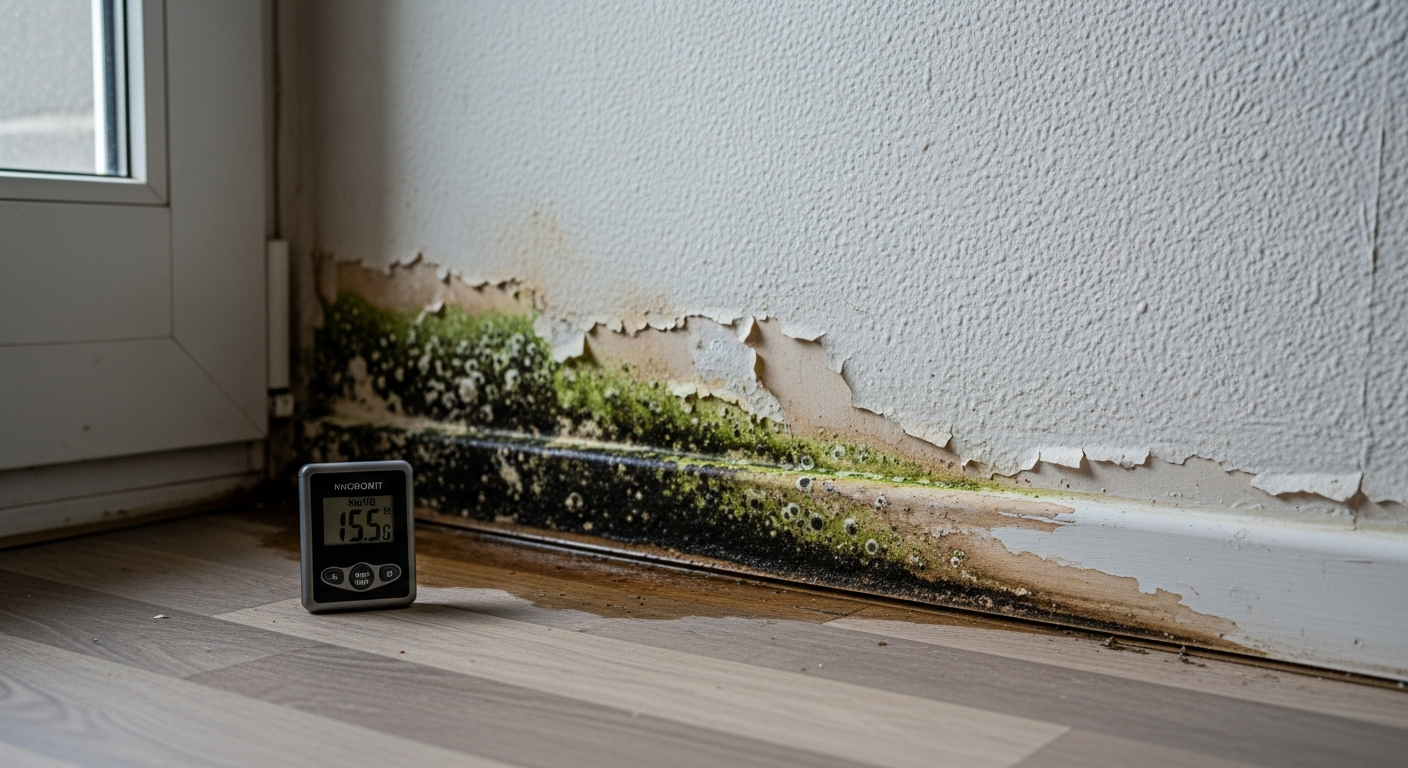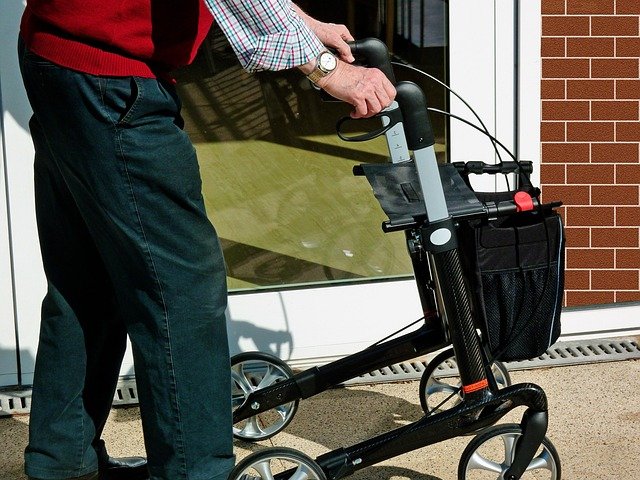Understanding How Your Body Responds to Daily Pressures
Daily pressures trigger complex physiological responses in your body, from elevated cortisol levels to increased heart rate and muscle tension. These natural reactions, while designed to help us cope with challenges, can become problematic when they persist over time. Understanding these bodily responses is the first step toward developing effective management strategies that can help restore balance and promote overall well-being in our increasingly demanding world.

When faced with daily pressures, your body initiates a sophisticated cascade of physiological changes designed to help you respond to perceived threats or challenges. This intricate system, while evolutionary beneficial, can significantly impact your physical and mental health when activated repeatedly throughout modern life.
Understanding Stress Relief Methods
Your body’s stress response begins in the brain, specifically in the amygdala, which processes emotional information and triggers the hypothalamic-pituitary-adrenal (HPA) axis. This system releases stress hormones like cortisol and adrenaline, preparing your body for action. Understanding this mechanism helps explain why various relief methods work differently for different people.
Effective stress relief methods work by interrupting this physiological cascade at different points. Deep breathing exercises activate the parasympathetic nervous system, counteracting the fight-or-flight response. Physical exercise helps metabolize stress hormones naturally, while mindfulness practices can reduce amygdala reactivity over time.
Techniques for Reducing Stress
Progressive muscle relaxation involves systematically tensing and releasing muscle groups, helping your body recognize the difference between tension and relaxation. This technique directly addresses the physical manifestations of stress, including shoulder tightness, jaw clenching, and overall muscle rigidity.
Cognitive techniques focus on changing thought patterns that contribute to stress responses. These include reframing negative thoughts, practicing gratitude, and developing problem-solving skills. Research shows that cognitive approaches can actually change brain structure over time, reducing stress reactivity.
Time management strategies help reduce the frequency of stress triggers by creating more predictable daily routines. This includes prioritizing tasks, setting realistic expectations, and building buffer time into schedules to accommodate unexpected challenges.
How Relaxation Services Work
Professional relaxation services employ various evidence-based techniques to help individuals manage their stress responses. Massage therapy works by reducing muscle tension and promoting the release of endorphins, natural mood-elevating chemicals. The physical manipulation of soft tissues also helps improve circulation and reduce inflammation associated with chronic stress.
Acupuncture targets specific points on the body believed to influence energy flow and nervous system function. Studies suggest that acupuncture can help regulate cortisol levels and activate the body’s natural pain-relief mechanisms. Many people find that regular acupuncture sessions help maintain lower baseline stress levels.
Guided meditation and yoga classes provide structured environments for learning relaxation techniques. These services often combine physical movement, breathing exercises, and mindfulness practices to address multiple aspects of the stress response simultaneously.
Support for Managing Stress
Professional support comes in many forms, from licensed therapists who specialize in stress management to certified wellness coaches who help develop personalized coping strategies. Mental health professionals can help identify underlying patterns that contribute to chronic stress and develop targeted interventions.
Peer support groups provide opportunities to share experiences and learn from others facing similar challenges. These groups can be particularly helpful for individuals dealing with specific stressors like workplace pressure, caregiving responsibilities, or major life transitions.
| Service Type | Provider Examples | Key Features | Cost Estimation |
|---|---|---|---|
| Massage Therapy | Elements Massage, Massage Envy | Deep tissue, Swedish, hot stone | $60-120 per session |
| Acupuncture | Community clinics, Private practitioners | Traditional Chinese medicine, electroacupuncture | $75-150 per session |
| Yoga Classes | CorePower Yoga, Local studios | Hatha, Vinyasa, restorative styles | $15-25 per class |
| Meditation Apps | Headspace, Calm, Insight Timer | Guided sessions, sleep stories | $5-15 monthly |
| Therapy Services | BetterHelp, Local counselors | CBT, mindfulness-based therapy | $100-200 per session |
Prices, rates, or cost estimates mentioned in this article are based on the latest available information but may change over time. Independent research is advised before making financial decisions.
Your body’s response to daily pressures involves complex interactions between multiple systems, from hormonal changes to muscular tension. Understanding these responses empowers you to choose appropriate management strategies that work with your body’s natural processes rather than against them. Whether through professional services, self-care techniques, or support systems, effective stress management requires a personalized approach that addresses both the physical and psychological aspects of your stress response. Regular practice of chosen techniques, combined with lifestyle modifications that reduce unnecessary stressors, can help maintain a healthier balance in your daily life.




